
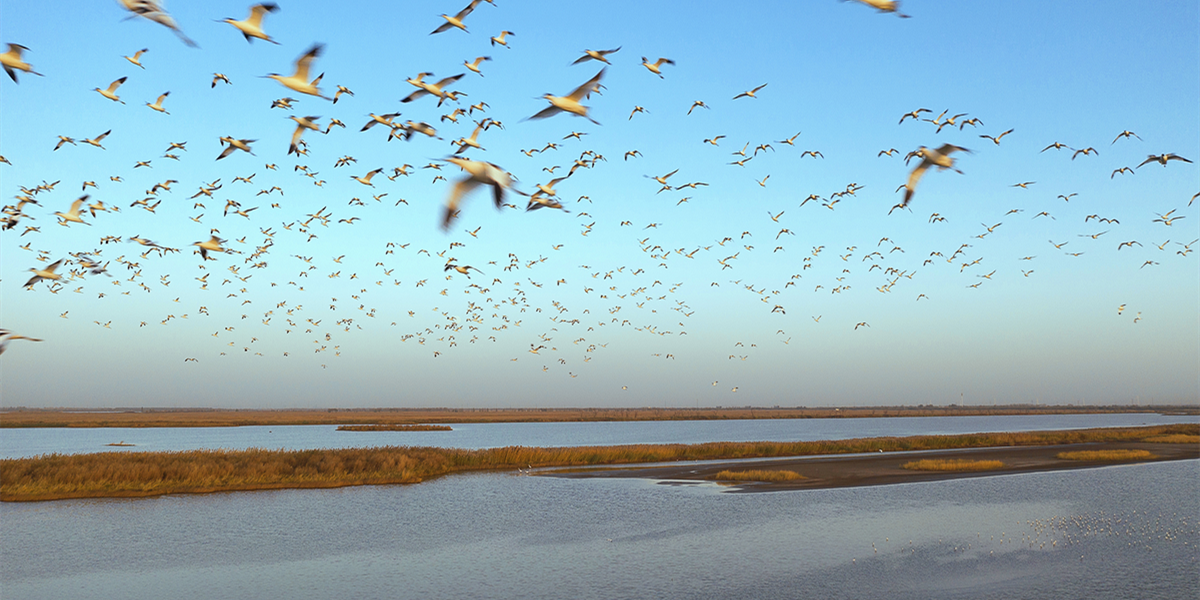
Qilihai Wetland, located in the southwest of Ninghe district, Tianjin, is part of the core region of the Tianjin Ancient Coast and Wetland National Nature Reserve approved by the State Council in 1992.
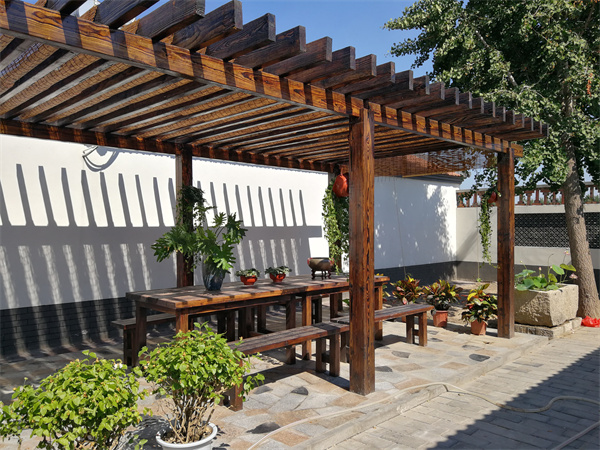
The village has fully utilized its water resources, which consist of the Ji Canal and its tributaries, advanced construction of special rural dwellings, and incorporated the plantation of rice into the development of tourism.
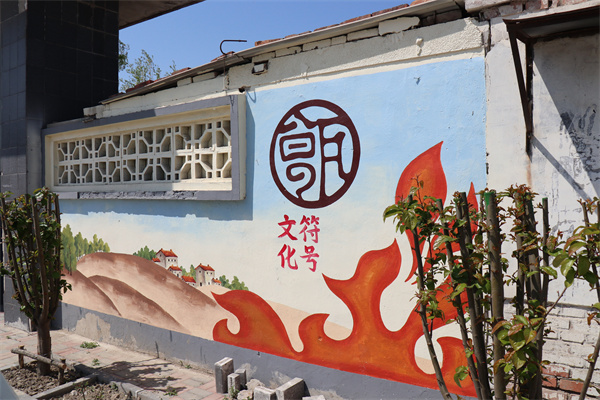
Pen'quan village has fully utilized its glorious historical and cultural resources and positioned itself as the hometown of China's "Zeng", an ancient earthen utensil for steaming rice and other foods, to comprehensively develop its tourism.
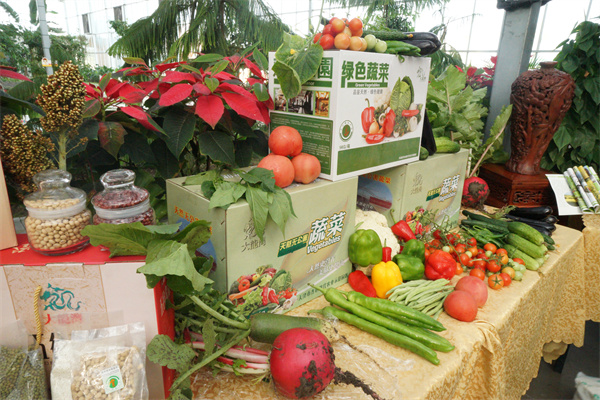
The retreat is a comprehensive and modern agricultural demonstration area for the research, production, processing, sales, logistics and picking of edible fungi, vegetables and fruits, along with fishing, entertainment, sightseeing and tourism.
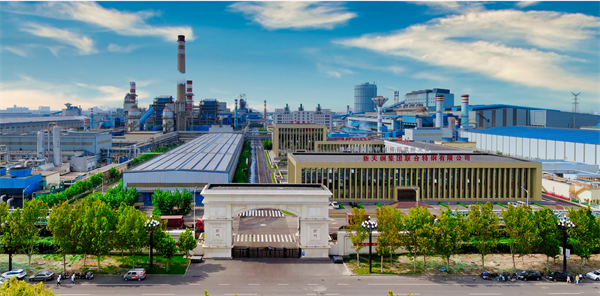
The industrial tourism zone, built by Tianjin Tiangang United Special Steel Corporation, is Tianjin's first national 3A-level scenic spot and a national educational base for popular science.
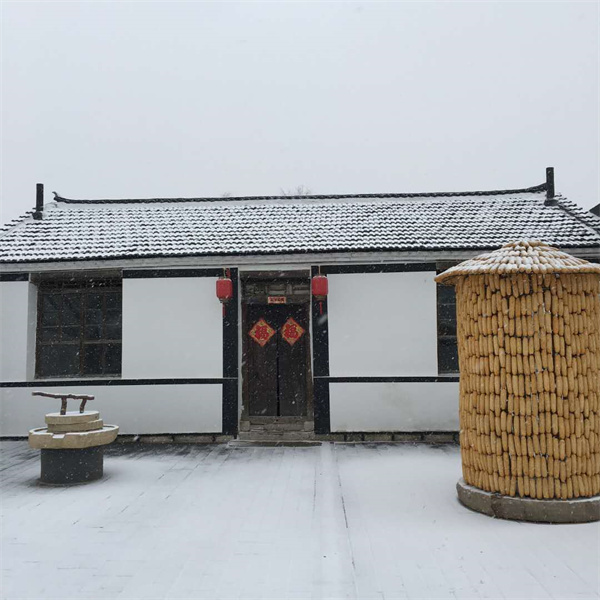
This village is a demonstration village selected by the Ministry of Housing and Urban-Rural Development and the Tianjin Housing and Urban-Rural Construction Commission to improve the living environment of rural dwellers.
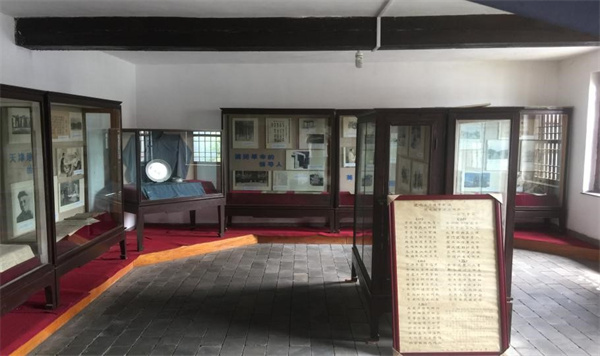
The former residence of Yu Fangzhou (1900-1927) is located at the village of Biaokouzhen in Lutai township, Ninghe district of Tianjin.
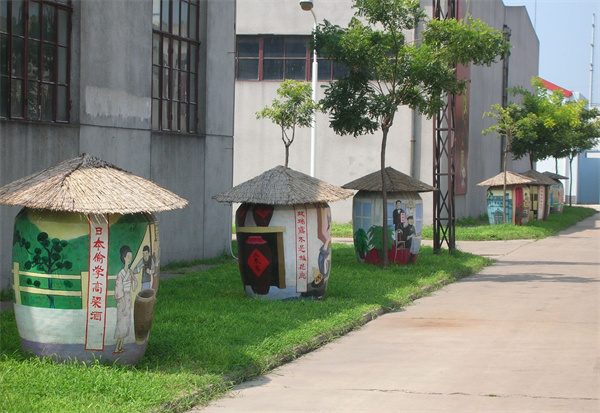
The museum is a national 3A-level scenic spot built by Tianjin Foodstuff Import & Export Corporation and Tianjin Yijuyong White Liquor Co., Ltd. to review the history of Tianjin's oldest producer of baijiu, or white liquor.